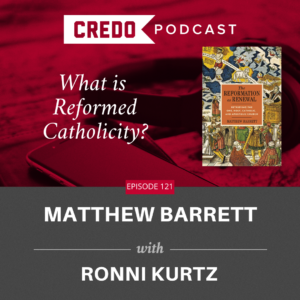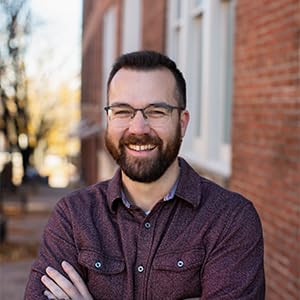
Podcast Repost: What is Reformed Catholicity? Matthew Barrett and Ronni Kurtz
 Despite its polemic again the Roman church, the theological structures which emerged in the Swiss Reformation stood firmly on the traditional teaching of he church. This was achieved through a deliberate appropriation of the early church and a good deal of the medieval church. The Swiss reformers were grounded on historical continuity.” These words by Bruce Gordon at Yale assert that the Swiss, sometimes the most aggressive with reform, were nevertheless deliberate heirs of the church catholic (universal).
Despite its polemic again the Roman church, the theological structures which emerged in the Swiss Reformation stood firmly on the traditional teaching of he church. This was achieved through a deliberate appropriation of the early church and a good deal of the medieval church. The Swiss reformers were grounded on historical continuity.” These words by Bruce Gordon at Yale assert that the Swiss, sometimes the most aggressive with reform, were nevertheless deliberate heirs of the church catholic (universal).
In episode 5 of this mini-series, Ronni Kurtz asks Matthew Barrett, author of the new book The Reformation as Renewal, whether a self-conscious reformed catholicity defined those like Zwingli, Bullinger, Bucer, and Calvin. Barrett also contrasts this reformed catholicity with those Radicals who abandoned catholicity in the name of primitive Christianity. And he sheds some new light on Bucer’s attempts to arrive at a Protestant unity that oscillates on catholicity. Barrett and Kurtz demonstrate that reformed catholicity should influence how we today understand everything from scripture and the creeds to ecclesiastical authorities and confessions.


